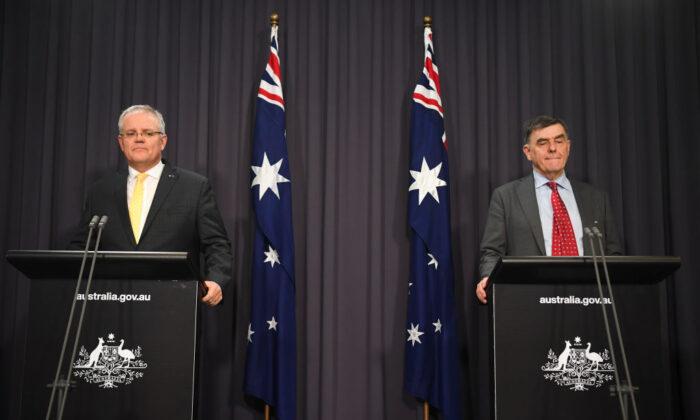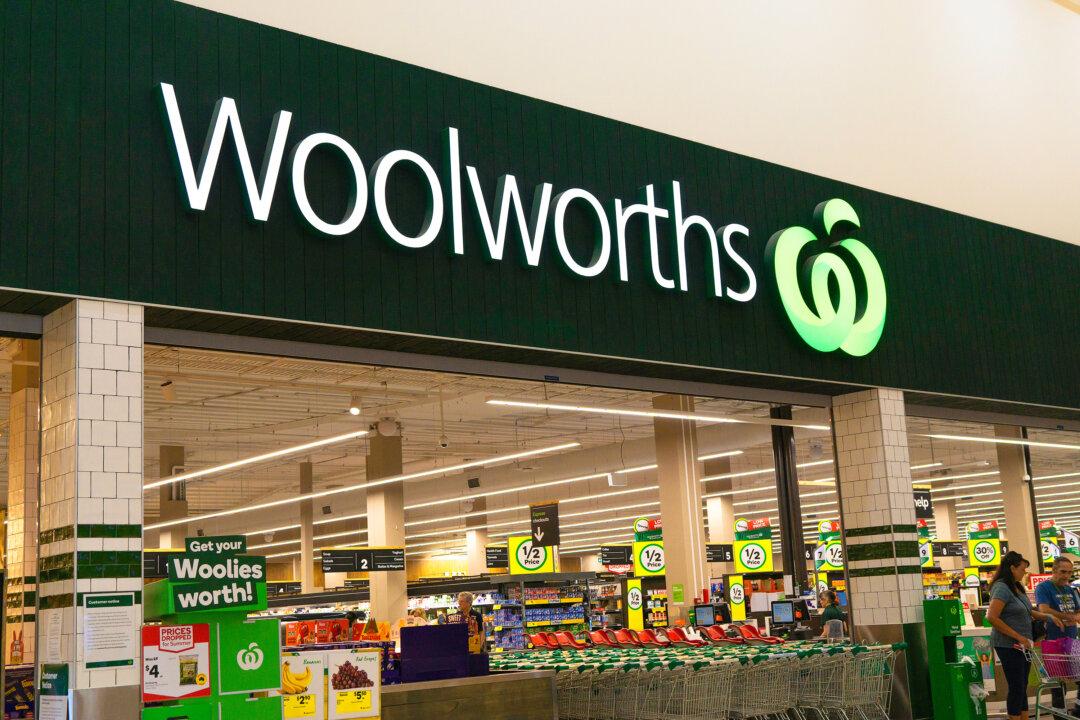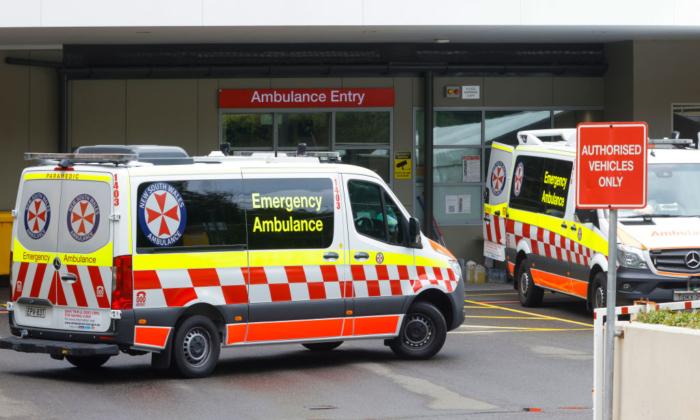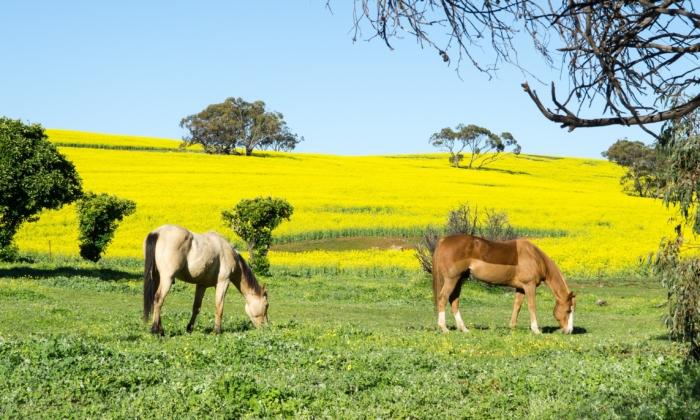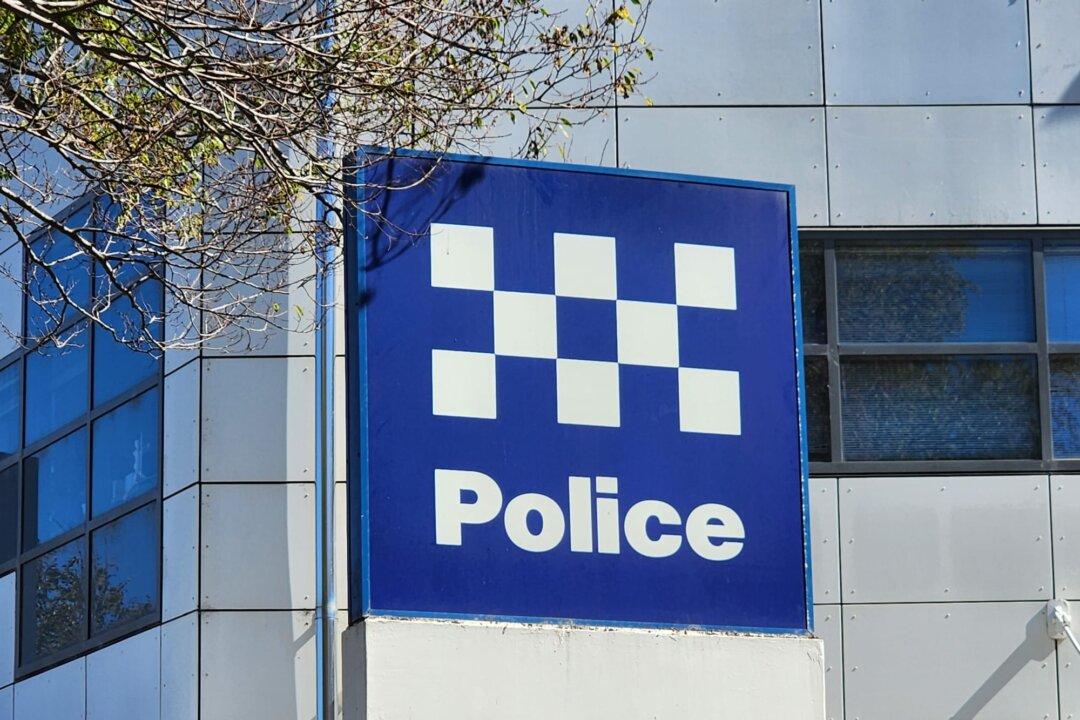As some states move to ease restrictions on daily life, the Victorian premier is urging caution to make sure there isn’t a resurgence of COVID-19 cases.
Queensland and Western Australia will begin easing some restrictions from this week as category two and some category three elective surgeries recommenced across the country on April 27.
But Victorian leader Daniel Andrews points to countries that have eased restrictions and ended up with a second wave of infections.
“We don’t want that here. We don’t want to have a situation where our frustration gets the better of us and we give back all the gains that we have made,” he said on Monday.
“People have given too much, people have done too much hard work to have a situation where we waste it away because we are getting impatient and frustrated with the new normal.”
State and federal leaders had agreed to revisit the level of restrictions across Australia in mid-May.
Politicians, business leaders and doctors are urging Australians to download the new COVIDSafe contact tracing app that will help health officials crack down on virus outbreaks.
“It will make us safer and we'll get our lives back faster,” Business Council of Australia head Jennifer Westacott told Sky News.
More than 1.13 million people downloaded the voluntary app within the first 12 hours of its release on Sunday evening.
The federal government is aiming for more than 10 million people to use it.
Leading figures in the tech sector, including Atlassian co-founder Mike Cannon-Brookes, have moved to allay privacy concerns around the app.
He urged the tech community to “turn the ... angry mob mode off” and instead help the government fight misinformation.
States have widened their testing regimes, another key pillar of the move towards easing restrictions.
Tasmania has also started an independent investigation into what kicked off an outbreak of the virus in the state’s northwest.
The national death toll has reached 83 and Australia has recorded more than 6700 infections.
However, 80 per cent of people who have caught the disease have fully recovered.
Labor’s health spokesman Chris Bowen said social and business trading restrictions should only be eased when it is safe to do so.
“If you are rash, then you‘ll see a second wave and you’ll have to slam the brakes right back on and in fact, slam them on more harshly than you did to start with,” he told ABC radio on Monday.
New modelling by the Business Council of Australia shows the economy could take a $400 billion hit if restrictions adopted to fight the virus continue for six months.
